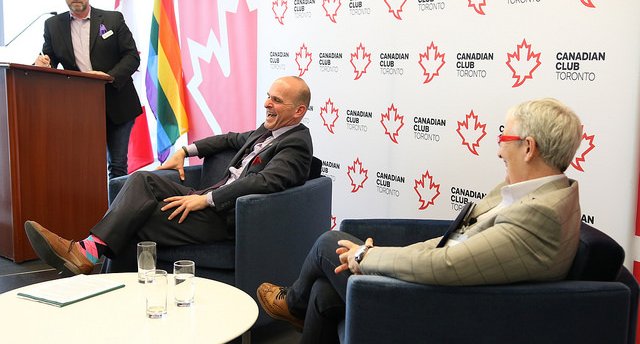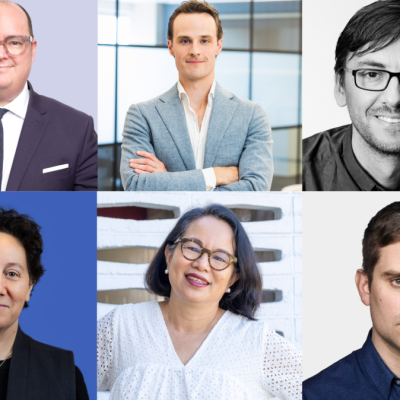
Event Image List - multi_panelists (showing Featured Image)
Tuesday, May 27, 2025
Lana Payne (Unifor), Blake Hutcheson (OMERS), Éric Martel (Bombardier Inc.), Nancy Southern (ATCO Ltd.) & Goldy Hyder (Business Council of Canada) with Louise Blais (Canada’s former Ambassador to the UN)



![Final_0955[18] Final_0955[18]](https://www.canadianclub.org/wp-content/uploads/elementor/thumbs/Final_095518-e1742392222835-r33c3qvbnb2y1kmgek3xc11ydz5nksyb77ndddolgg.jpg)

